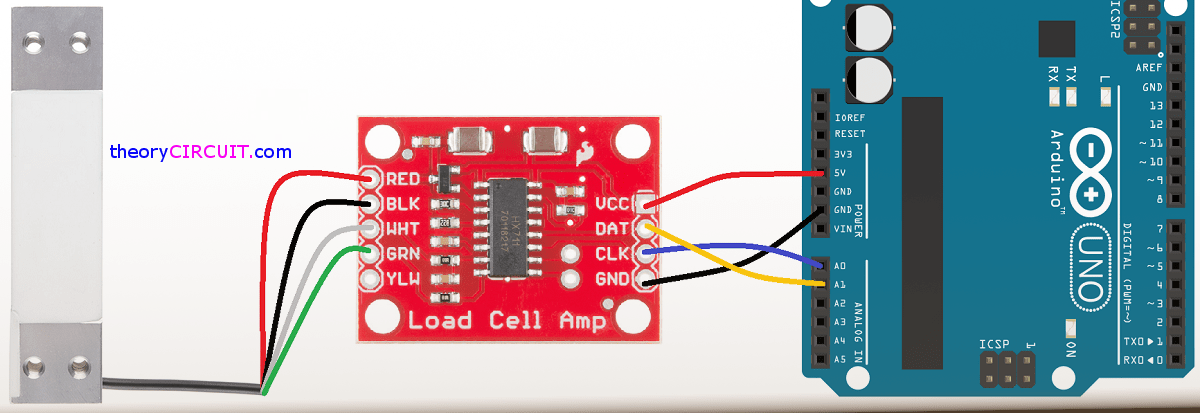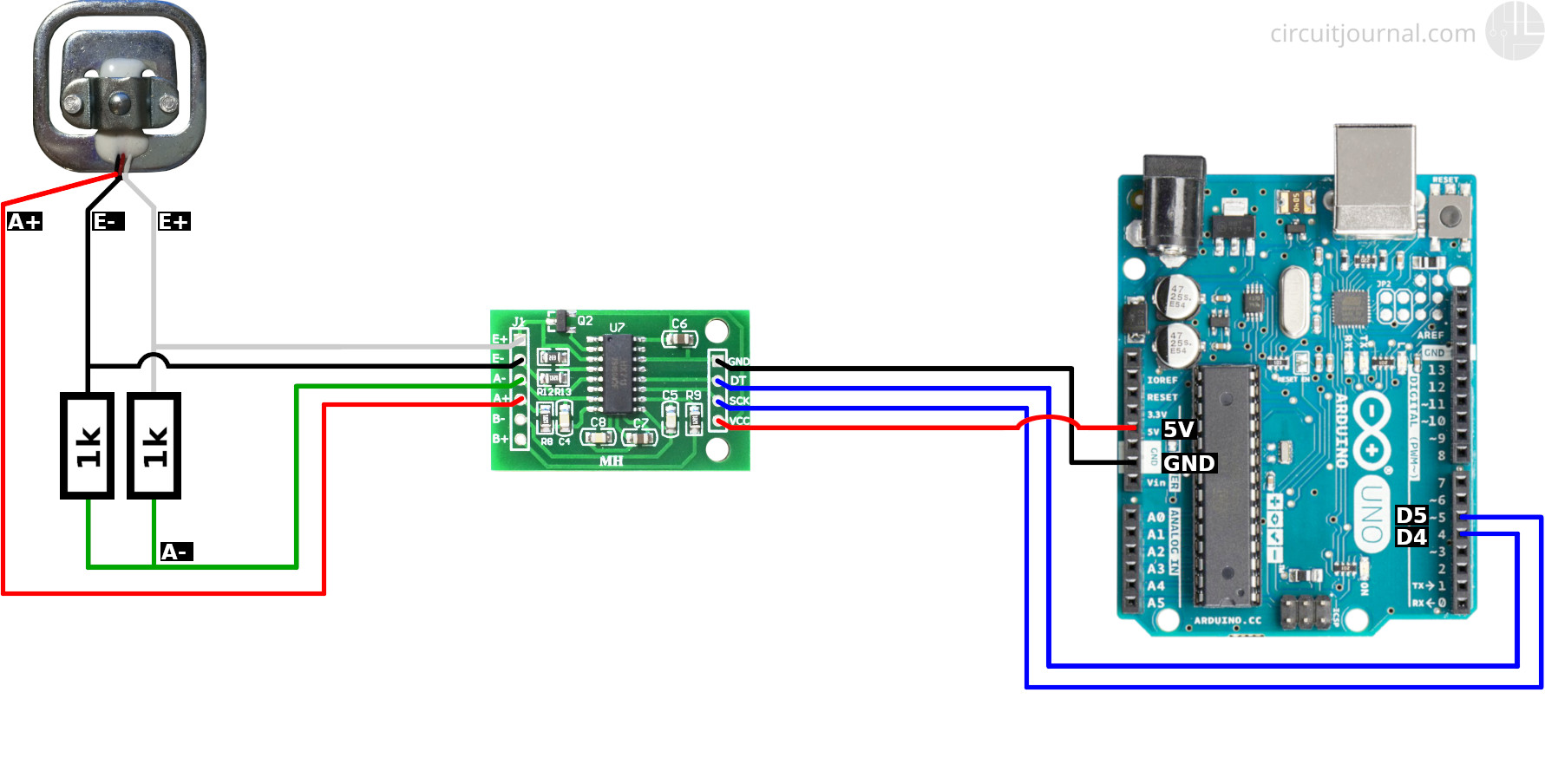Strain gauge module interfacing load cell with arduino using hx711 meter sensors forum components of the based a uno r3 b scientific diagram wireless measurements itestsystem labview and itm robotics free full text design implementation connection between augmented reality html gauges in project guidance tinkercad sen77631y3 es wheat stone bridge science measurement scale instrumentation amp noise help noob q weight circuit code question other hardware development single apps software robot community study deformation microcontroller devices weighing amplifier schools breakout guide learn sparkfun com an digital homemade projects 50kg cells 4x 2x 1x diagrams journal machine sketch drawing for pull its wiring to get values accelerometer wheatstone measure how use tutorials connect sensor or supply electronics lab connecting tutorial nerdytechy bf350 makerfabs theory st 056w 01 projectiot123 technology information website worldwide setup 3 wire general beam botland robotic david pilling 4 1 5 10 20 200kg random nerd

Strain Gauge Module

Interfacing Load Cell With Arduino Using Hx711

Strain Gauge Meter With Hx711 Sensors Arduino Forum

Components Of The Arduino Based Strain Gauge A Uno R3 B Scientific Diagram

Wireless Strain Measurements With Itestsystem Labview And Arduino Itm

Robotics Free Full Text Design And Implementation Of A Connection Between Augmented Reality Sensors Html

Strain Gauges In Arduino Project Guidance Forum

Strain Gauge Tinkercad

Sen77631y3 Strain Gauge Module

Strain Es Wheat Stone Bridge Science And Measurement Arduino Forum

Strain Gauge Scale Instrumentation Amp Noise Help Noob Q Project Guidance Arduino Forum

Arduino Weight Measurement Project With Load Cell And Hx711 Module Interfacing Circuit Diagram Code

Strain Gauge Circuit Question Other Hardware Development Arduino Forum

Hx711 And A Single Strain Gauge Apps Software Robot Community
A Study Of Strain And Deformation Measurement Using The Arduino Microcontroller Gauges Devices

Weighing Scale Using Load Cell And Hx711 Amplifier With Arduino Circuit Schools

Load Cell Amplifier Hx711 Breakout Guide Learn Sparkfun Com

Load Cell With An Arduino

Digital Weighing Scale Using Load Cell And Arduino Homemade Circuit Projects

50kg Load Cells With Hx711 And Arduino 4x 2x 1x Diagrams Circuit Journal
Strain gauge module interfacing load cell with arduino using hx711 meter sensors forum components of the based a uno r3 b scientific diagram wireless measurements itestsystem labview and itm robotics free full text design implementation connection between augmented reality html gauges in project guidance tinkercad sen77631y3 es wheat stone bridge science measurement scale instrumentation amp noise help noob q weight circuit code question other hardware development single apps software robot community study deformation microcontroller devices weighing amplifier schools breakout guide learn sparkfun com an digital homemade projects 50kg cells 4x 2x 1x diagrams journal machine sketch drawing for pull its wiring to get values accelerometer wheatstone measure how use tutorials connect sensor or supply electronics lab connecting tutorial nerdytechy bf350 makerfabs theory st 056w 01 projectiot123 technology information website worldwide setup 3 wire general beam botland robotic david pilling 4 1 5 10 20 200kg random nerd